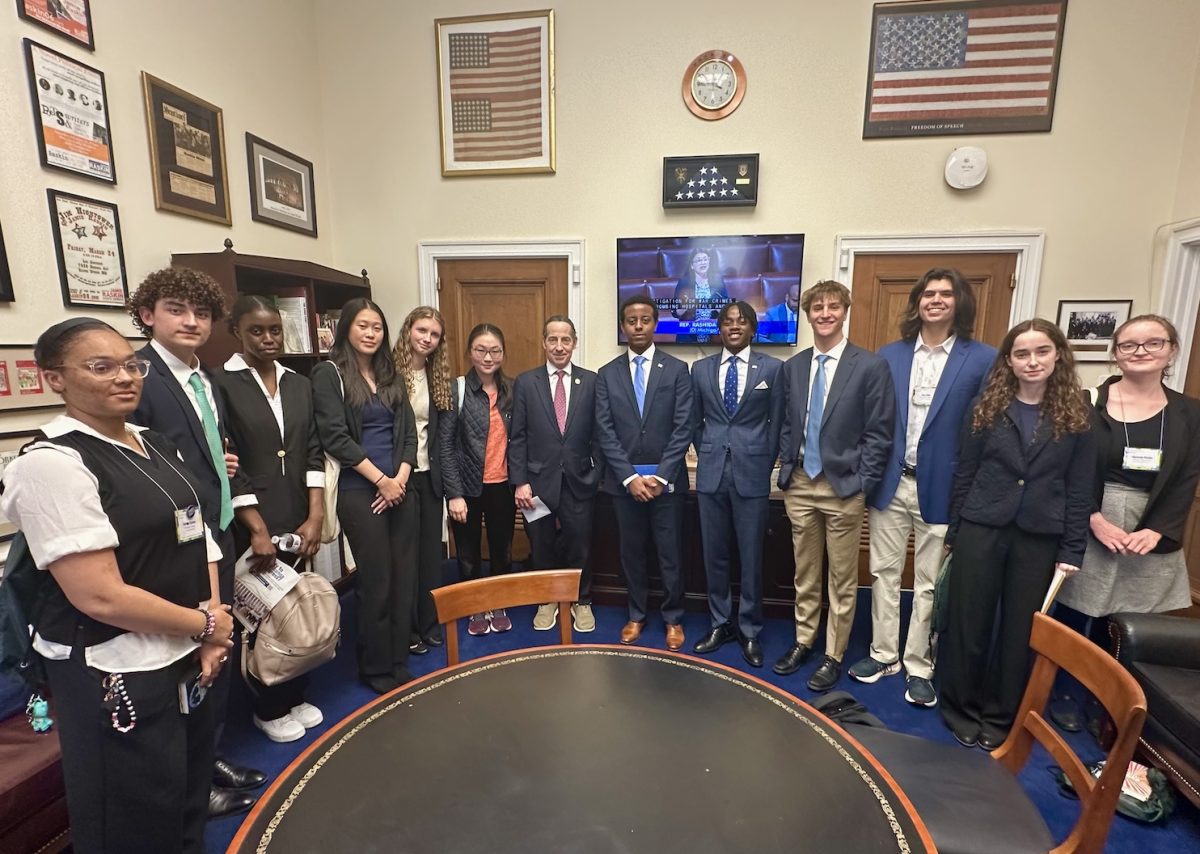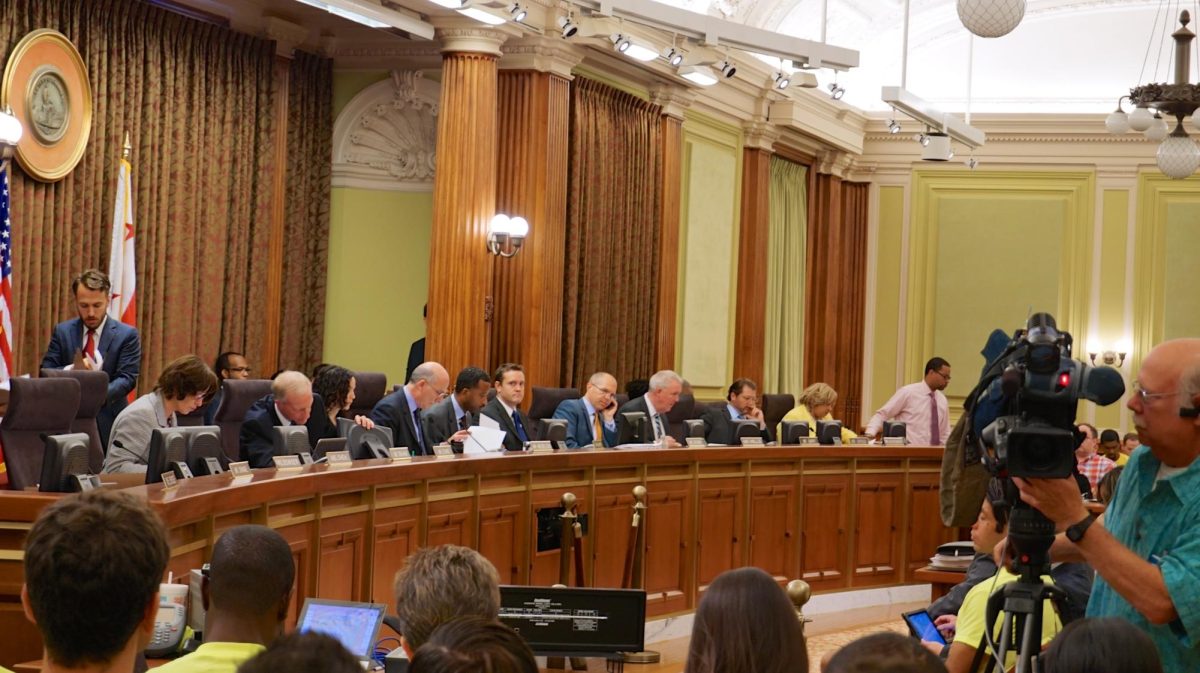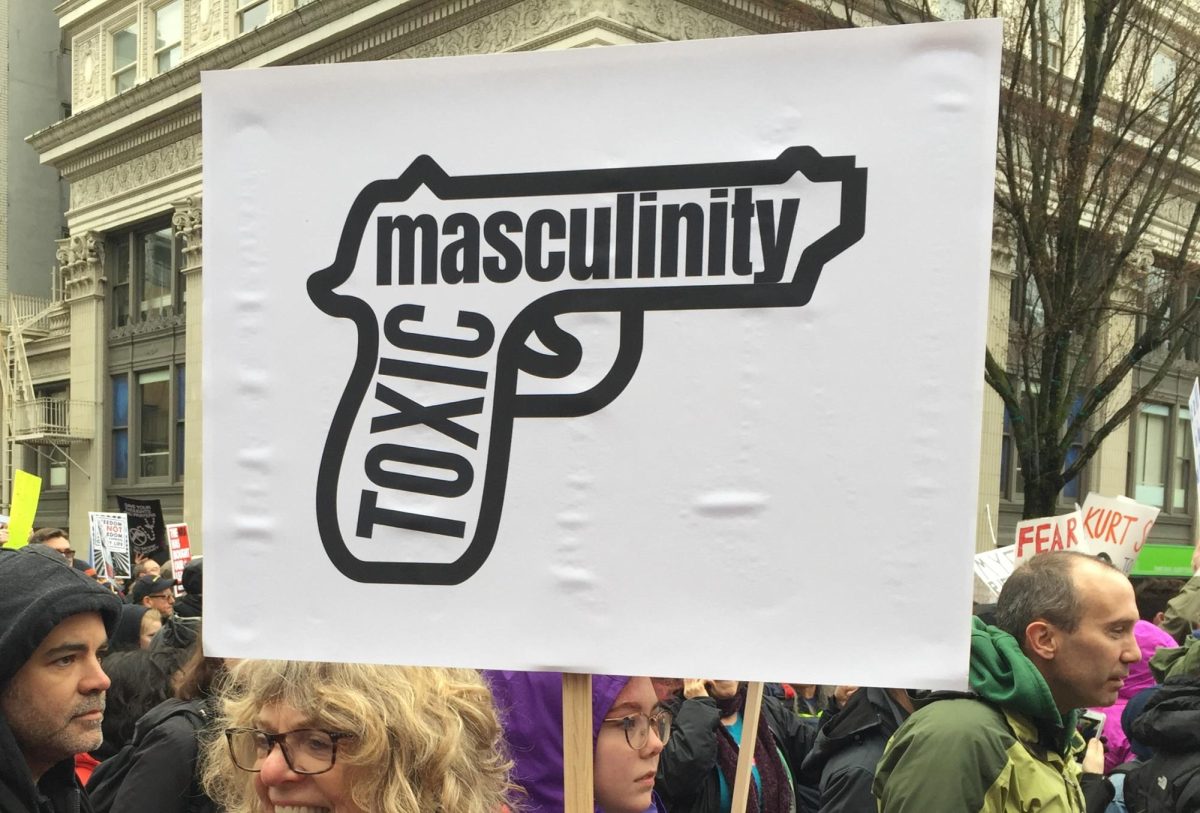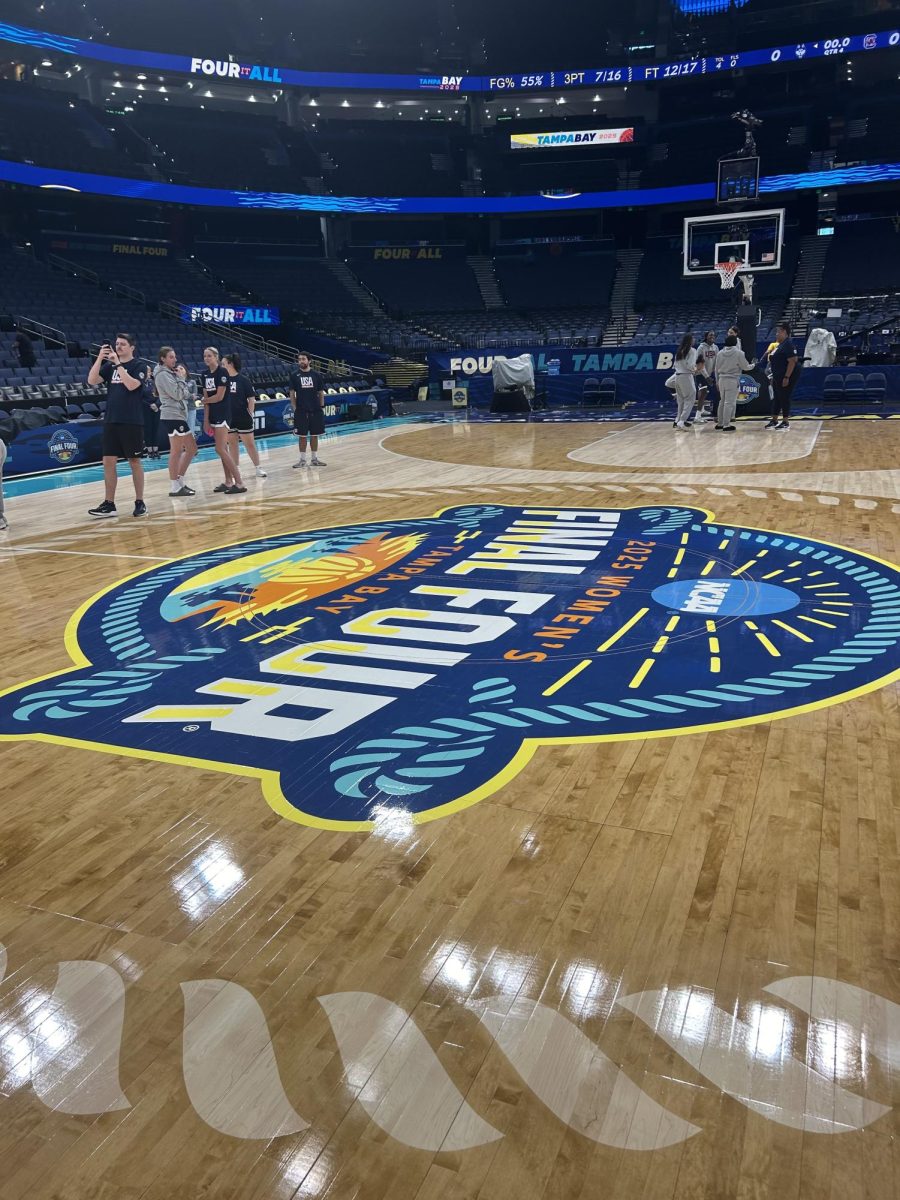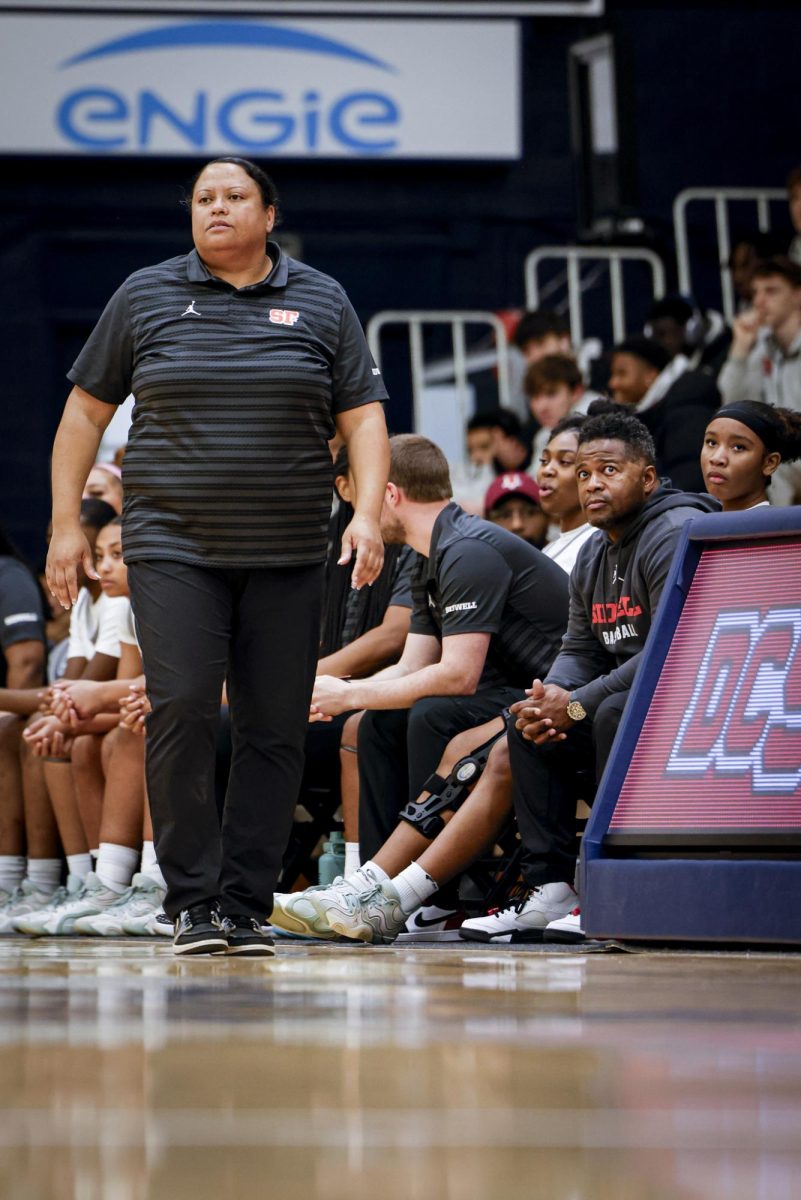On May 2, the Trump administration published a discretionary budget request for the fiscal year 2026 in which it proposed to eliminate the National Endowment for the Arts (NEA). The NEA and National Endowment for the Humanities (NEH) were included in a section titled “Small Agency Eliminations,” along with agencies including the 400 Years of African American History Commission, Corporation for Public Broadcasting and AmeriCorps.
The request stated that President Donald Trump supported “the elimination of Federal funding for” these programs, “consistent with the President’s efforts to decrease the size of the Federal Government to enhance accountability, reduce waste and reduce unnecessary governmental entities.” According to the request, Trump plans to cut over $3.5 billion from these “small agencies.”
According to ABC News, grants from the NEA and NEH keep a crucial and formerly bipartisan-supported arts infrastructure in the United States intact.
The NEA provided over $163 million in grants in 2024. According to The New York Times, these grants serve as a stepping stone to future success for young artists. A grant from the NEA allows artists to make a living off of their work and often attracts private donors to help further support them.
“It’s huge,” said Marie Howe, a Pulitzer Prize-winning poet, in an interview with ABC News. “It’s not just the money. It’s also deep encouragement…It gives you courage. It says to you, ‘Go on, keep doing it,’” she said.
According to its website, the NEA has added $15 billion to the Washington economy alone. In addition, over 7,000 Washington students have had the opportunity to participate in the poetry recitation competition Poetry Out Loud, see live professional performances of Shakespeare or engage in educational arts programs through the NEA.
According to The Washington Post, cultural institutions have abruptly learned that the grants promised through the NEA and NEH have been rescinded since the budget request.
“I have no idea if we’re going to get this money or not,” said Dani Oliver, development director of n+1, a literary magazine. In a message posted on n+1, editors of the magazine stated that “even if something called the NEA exists in the future, it will have very little in common—in orientation, scale, and capacity—with the agency that has existed since 1965.”
Ashley Nelson Levy, founder of publisher Transit Books, told the Washington Post that these cuts represent “another form of censorship that we’re seeing from the administration,” referencing other recent attacks on arts programs in the US. According to NPR, on Feb. 10, Trump fired 18 board members at the Kennedy Center. The newly elected replacements voted to install him as Chairman later that week, citing concerns regarding DEI.
According to The New York Times, grant applicants must promise not to promote “gender ideology” or “diversity, equity and inclusion.” The NEH’s website now states, “To comply with a recent court injunction (NADOHE v. Trump), NEH removed ‘promotion of discriminatory equity ideology’ and ‘support for diversity, equity, and inclusion (DEI) or diversity, equity, inclusion, and accessibility (DEIA) initiatives and activities’ from the agency’s [Notices of Funding Opportunities] restrictions.”
According to The New York Times, Trump also requires the NEA and NEH to contribute $34 million to his proposed National Garden of American Heroes. The goal of the sculpture garden is to commemorate the 250th anniversary of American independence. According to an NEH press release, the garden will include “250 great individuals from America’s past who have contributed to our cultural, scientific and political heritage. ” The Trump administration will pay each artist around $200,000 per statue.
Although some private foundations and charities have attempted to donate in place of federal funding, many are pulling back their donations due to these cuts, and the monetary support needed for these programs is rising as more lose their grants. According to The Washington Post, many of these arts institutions had already used the money from the grants they had been promised before learning of their rescission, leaving them struggling to stay afloat.
Portland Playhouse, an Oregon theater, received word that the NEA rescinded a $25,000 grant on the eve of the opening night of the show “Joe Turner’s Come and Gone.” According to The Washington Post, the grant previously funded the show. In a social media post, the theater stated that “moving forward without the support of this critical funding presents a significant challenge for our company.”
Still, the playhouse acknowledged the support it had received from community members and cultural institutions facing similar challenges. The theater added, “we know we’re not alone.”








